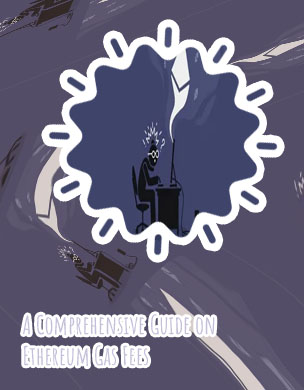
Gas crypto
Buy Ethereum
This Token Guzzled 42% of Ethereum Gas in the Past 24 Hours
When the network is busier than usual, validators are naturally encouraged to select transactions with higher gas prices. For them, the incentive to perform these transactions includes rewards from the Ethereum gas fees, so miners are incentivized to choose ones that offer higher returns for their efforts first. Crypto com gas fees Gas fees are a function of Ethereum's value and rising base fees due to demand for block space. Meanwhile, the supply of available mining resources depends on the cost of energy and processing power to complete proof-of-work algorithms. The good news is that there are several ways to reduce your gas fees.
When are eth miner fees lowest
A. Blockchain fees depend on several factors including network congestion, transaction confirmation times (affected by liquidity providers), and transaction size (as measured in kilobytes; affected when converting crypto from multiple inputs such as faucet earnings or other micro-transactions). So, why are gas fees so high? Unfortunately, making purchases when traffic is low on the blockchain is the only quick fix to high gas fees. Some crypto enthusiasts suspect the impending Ethereum Merge will solve this issue, but that’s not the case. This is mainly because the first version of Ethereum 2.0 changes the consensus layer of Ethereum but does not touch the data availability or execution layers.
Buy Gas on Binance using Bitcoin bought on another exchange
One of the interesting recommendations for lowing Ethereum gas fees would refer to a newly emerging breed of dApps. Many new Ethereum projects and decentralized applications offer subsidies on a gas fee or lower gas fees in comparison to the market. The best example of such platforms is evident in the case of Balancer. The DeFi solution provides a gas fee refund in the amount of 90% as a BAL token. Seconds since last block Since Ethereum has a block time of around 13 seconds, a fast transaction is generally executed in the first or second block. To calculate your total fee, you multiply your base fee (and tip if you add one) by the maximum number of gas units you are willing to pay (also known as a gas unit limit or gas limit):